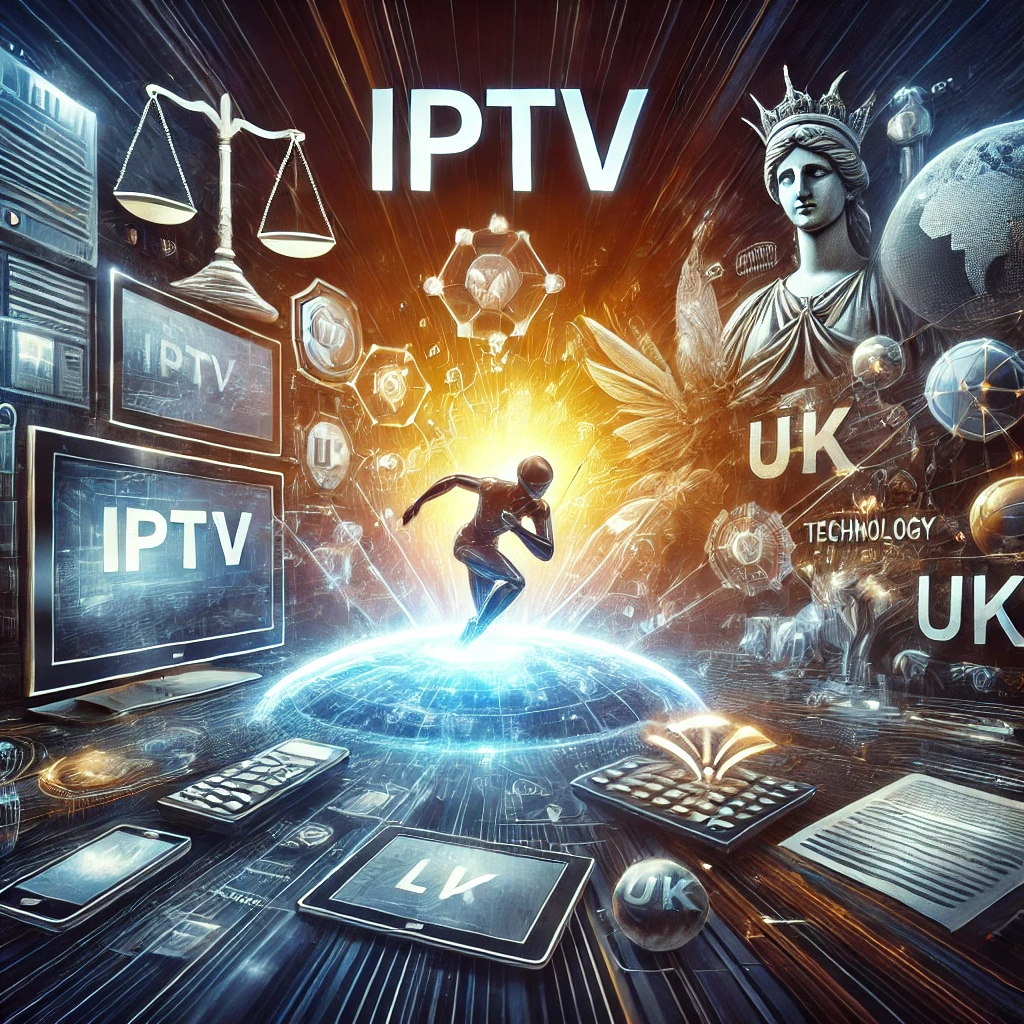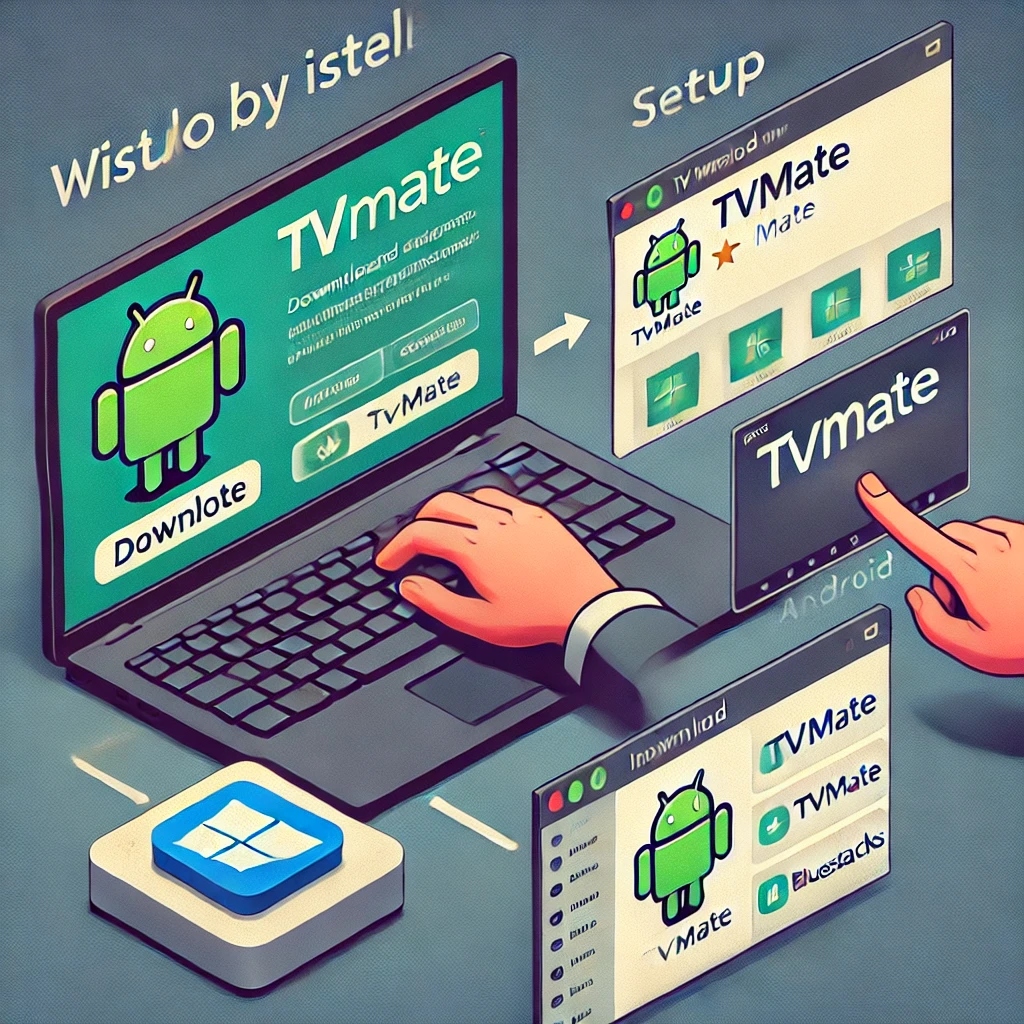Is IPTV Legal?
Introduction
Is IPTV Legal?
Understanding IPTV
What is IPTV?
IPTV, or Internet Protocol Television, is a digital television broadcasting method that delivers TV content over the internet rather than through traditional terrestrial, satellite, or cable formats. IPTV services can include live television, video on demand (VOD), and even time-shifted media (catch-up TV).
- How IPTV Works: IPTV transmits television signals through IP networks, allowing for greater flexibility and on-demand access. Unlike traditional broadcasting methods, which send signals directly to the TV via an antenna or satellite, IPTV uses the internet to stream content directly to the user’s device.
- Different Types of IPTV Services:
- Live IPTV: Streaming live TV channels in real-time.
- VOD IPTV: Accessing a library of video content that can be watched on-demand.
- Time-Shifted IPTV: Catch-up TV services that allow users to watch previously aired programs at their convenience.
Global Legal Framework for IPTV
IPTV Legality Around the World
The legal framework for IPTV varies significantly across different regions. While some countries have embraced IPTV with clear regulations, others have stringent laws that can make certain IPTV services illegal.
- United States: In the US, IPTV services are legal as long as they have the necessary licenses for the content they distribute. The Federal Communications Commission (FCC) oversees these services to ensure compliance with broadcasting standards.
- European Union: The EU has a more fragmented approach, with each member country having its own regulations. However, there is a general emphasis on protecting intellectual property rights and ensuring that IPTV services operate legally.
- Asia: Countries like Japan and South Korea have strict regulations to combat piracy and ensure that IPTV services are licensed. In contrast, some regions have more lenient laws, leading to a proliferation of illegal IPTV services.
- Africa: IPTV is still emerging in many African countries, and the regulatory frameworks are often underdeveloped. This can lead to a mix of legal and illegal services being available.
Comparison of IPTV Laws in Different Regions
Here is a table comparing IPTV regulations in different regions:
| Region | Legal Framework | Regulatory Body |
|---|---|---|
| United States | Clear regulations, licensing required | FCC |
| European Union | Varies by country, emphasis on IP protection | National regulators |
| Asia | Strict in developed countries, lenient elsewhere | Various national bodies |
| Africa | Emerging regulations, mixed legal status | Developing regulatory bodies |
Legal Considerations for IPTV
Key Factors Determining IPTV Legality
Several key factors determine whether an IPTV service is legal:
- Licensing Requirements: A legal IPTV provider must obtain licenses for all the content it broadcasts. This includes negotiating contracts with content creators and rights holders.
- Content Distribution Rights: Providers must ensure they have the right to distribute the content in the regions they operate. This often involves complex agreements with multiple stakeholders.
- Compliance with Broadcasting Standards: Legal IPTV services must adhere to broadcasting standards set by regulatory bodies. This includes ensuring the quality, accuracy, and fairness of the content.
Legal vs. Illegal IPTV Services
Understanding the difference between legal and illegal IPTV services is crucial for consumers:
- Legal IPTV Services: These services have obtained all necessary licenses, comply with regulatory standards, and offer high-quality, reliable content. Examples include BBC iPlayer, Sky Go, and BT TV.
- Illegal IPTV Services: These services distribute copyrighted material without authorization, often leading to poor-quality streams and the risk of legal consequences. Signs of illegal services include extremely low prices, unrealistic promises of unlimited content, and lack of clear licensing information.
Case Studies
Notable Legal Cases Involving IPTV
Examining real-world cases can provide insights into the legal landscape of IPTV:
- Case Study 1: FilmOn X: FilmOn X, an IPTV service offering live TV channels, faced multiple lawsuits in the US for copyright infringement. The courts ruled that the service violated copyright laws, resulting in significant fines and the shutdown of their operations.
- Case Study 2: BeoutQ: BeoutQ, a pirate IPTV service, illegally broadcasted sports events, leading to a legal battle with major sports organizations. The service was eventually shut down, and those involved faced severe legal penalties.
Outcomes and Implications
These cases highlight the serious consequences of operating or using illegal IPTV services. Legal actions can result in hefty fines, imprisonment, and reputational damage. They also underscore the importance of choosing legitimate providers to avoid legal issues.
Risks of Using Illegal IPTV
Consequences of Using Illegal IPTV Services
Using illegal IPTV services poses significant risks:
- Legal Penalties: Users of illegal IPTV services can face fines, legal action, and even imprisonment. Authorities actively pursue and prosecute individuals involved in the distribution and consumption of illegal IPTV services.
- Security Risks: Illegal IPTV services often lack proper security measures, making users vulnerable to data breaches, malware, and other cyber threats. Personal information and payment details can be easily compromised.
- Financial and Reputational Risks: Users may lose money due to unreliable service, poor customer support, and potential shutdowns of illegal providers. Additionally, association with illegal activities can harm one’s reputation.
Legal Penalties for Using Illegal IPTV
The penalties for using illegal IPTV services can be severe:
- Fines: Under the Digital Economy Act 2017 in the UK, individuals involved in the unauthorized distribution of copyrighted content can face fines of up to £5,000.
- Imprisonment: In more serious cases, individuals can face imprisonment for up to 10 years.
- High-Profile Cases: In 2019, a major IPTV operation was dismantled, resulting in several arrests and significant fines. This case highlighted the serious consequences of engaging in illegal IPTV activities.
Identifying Legal IPTV Services
Tips for Choosing Legal IPTV Providers
Selecting a legal IPTV provider requires careful consideration:
- Red Flags to Watch Out For: Be cautious of providers offering extremely low prices, unrealistic promises of unlimited content, or those that operate without clear licensing information.
- Verifying the Legitimacy of an IPTV Service: Check for licensing information on the provider’s website, read reviews from reputable sources, and verify their compliance with broadcasting standards.
- Importance of Customer Reviews and Ratings: Look for feedback from other users to gauge the reliability and legitimacy of the service. High customer satisfaction is often a good indicator of a legal IPTV provider.
Questions to Ask Your IPTV Provider
Before subscribing to an IPTV service, ask the following questions:
- Is the Service Licensed?: Ensure the provider has the necessary licenses to distribute the content they offer.
- What Content Rights Do They Hold?: Verify that they have obtained permission from content creators and rights holders.
- Are There Any Guarantees or Legal Assurances?: Check if the provider offers any guarantees or assurances regarding the legality and quality of their service.
Benefits of Legal IPTV
Advantages of Using Legal IPTV Services
Opting for legal IPTV services provides numerous benefits:
- High-Quality and Reliable Streaming: Legal IPTV services invest in robust infrastructure and technology to deliver high-quality, buffer-free streaming. They also offer a wider range of content with consistent availability.
- Better Customer Support: Legal providers offer reliable customer support to address technical issues, billing inquiries, and other concerns. This ensures a smoother and more enjoyable viewing experience.
- Peace of Mind Regarding Legal Issues: Using a legal IPTV service eliminates the risk of legal consequences, allowing users to enjoy their favorite content without worry.
Comparing Costs: Legal vs. Illegal IPTV
While illegal IPTV services may seem cheaper initially, the long-term costs and risks often outweigh the savings.
| Feature | Legal IPTV | Illegal IPTV |
|---|---|---|
| Cost | Higher initial cost | Lower initial cost |
| Quality | High-quality streams | Inconsistent quality |
| Security | Secure and private | High risk of malware and data breaches |
| Legal Risk | None | High risk of legal action |
| Support | Reliable customer support | Poor or no support |
- Long-Term Cost Implications: The potential legal fees, fines, and security risks associated with illegal IPTV services can result in significant long-term costs.
- Potential Hidden Costs of Illegal IPTV: Users of illegal services may experience frequent service interruptions, additional fees for “premium” content, and the need for constant troubleshooting.
Understanding IPTV Compliance
How IPTV Providers Ensure Compliance
Legal IPTV providers take several measures to ensure they comply with all relevant regulations and broadcasting standards:
- Licensing Agreements and Contracts: Providers must secure licenses for all content they distribute. This involves negotiating contracts with content creators and rights holders.
- Compliance with Broadcasting Standards: Legal IPTV services must adhere to strict broadcasting standards set by regulatory bodies. This includes ensuring the quality, accuracy, and fairness of the content.
- Measures Taken to Prevent Illegal Distribution: Providers implement robust security measures to prevent unauthorized access and distribution of their content. This includes encryption, digital rights management (DRM), and regular audits.
Role of Regulatory Bodies in Ensuring Compliance
Regulatory bodies play a crucial role in monitoring and enforcing compliance among IPTV providers:
- Ofcom’s Role in Monitoring IPTV Services: Ofcom ensures that all IPTV services comply with UK broadcasting laws and standards. They conduct regular audits, investigate complaints, and take enforcement actions when necessary.
- Actions Taken by Regulatory Bodies Against Non-Compliant Providers: Regulatory bodies can issue fines, revoke licenses, and take legal action against non-compliant IPTV providers. These actions help maintain the integrity of the broadcasting industry and protect consumers.
Future of IPTV Legality
Emerging Trends in IPTV Regulation
Technological advancements and evolving consumer preferences shape the future of IPTV regulation in the UK:
- Potential Changes in Laws and Regulations: As technology evolves, authorities may introduce new regulations to address emerging challenges and opportunities in the IPTV industry. These changes could include stricter licensing requirements, enhanced consumer protections, and more robust enforcement mechanisms.
- How Technology Shapes IPTV Compliance: Advancements in technology, such as blockchain and artificial intelligence, improve compliance and reduce the risk of illegal distribution. These technologies enhance security, streamline licensing processes, and provide better monitoring and enforcement capabilities.
- Predictions for the Future of IPTV Legality: The IPTV industry will likely continue to grow and innovate, with a focus on improving compliance, enhancing user experience, and expanding content offerings. Regulatory bodies will play a vital role in ensuring that IPTV services operate within the legal framework.
FAQs about IPTV Legality
Frequently Asked Questions
Is IPTV legal in my country?
- IPTV legality varies by country. It is essential to check local regulations and ensure the service you use is licensed and compliant with local laws.
What are the risks of using illegal IPTV?
- Using illegal IPTV services can result in legal penalties, security risks, and financial losses. It is always safer to use licensed, compliant IPTV services.
How can I report illegal IPTV services?
- You can report illegal IPTV providers to regulatory bodies such as Ofcom or the Intellectual Property Office. Providing detailed information can help authorities take appropriate action against illegal operators.
Are VPNs legal for use with IP-TV?
- Using a VPN is legal in most countries. However, using a VPN to access illegal IPTV services does not make the activity legal. It is important to ensure that the IPTV service you use is licensed and compliant with local laws.
Conclusion
Final Thoughts on IPTV Legality
Understanding the legality of IPTV is crucial for both providers and users. While IP TV offers numerous benefits and a wide range of content options, it is essential to choose legal services to avoid potential risks and consequences. Legal IP TV services provide high-quality streaming, reliable customer support, and peace of mind regarding legal issues. By staying informed and choosing reputable providers, users can enjoy their favorite content without worry.
Call to Action
Stay Informed About IPTV Legality
Stay informed about the latest developments in IPTV legality and compliance by subscribing to our newsletter. Follow us on social media for updates, tips, and the latest news in the IPTV industry.
By following this comprehensive guide, you can make informed decisions about IPTV services and enjoy a safe and legal viewing experience.




Recent Comments